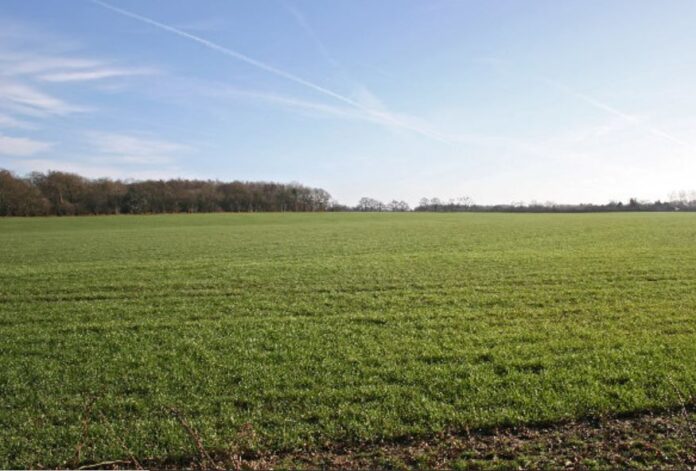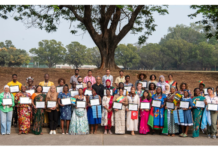Nigeria will directly benefit from the 2022 Food Security Response Program. The Islamic Development Bank (IsDB) announced it will give the country a sum of US $10.54bn to develop agricultural sector among member states.
Ougfaly Badji, the agriculture and food security lead expert from IsDB headquarters, Jeddah explained the funding will assist member countries in addressing the immediate impact of the current food and climate crisis and underlying structural challenges to food and nutrition insecurity in the medium to long term.
Agriculture in Nigeria
The aim is to build the resilience of local production systems and promote climate-smart agriculture, development of commodity value chains that will promote sustainable and profitable smallholder production systems and building of national strategic buffer stocks and reserves for de-risking and reducing price volatility.
Nigeria’s wide range of climate variations allows it to produce a variety of food and cash crops . The staple food crops include cassava, yams, corn, coco-yams, cow-peas, beans, sweet potatoes, millet, plantains, bananas, rice, sorghum, and a variety of fruits and vegetables. The leading cash crops are cocoa, citrus, cotton, groundnuts (peanuts), palm oil, palm kernel, benniseed, and rubber. They were also Nigeria’s major exports in the 1960s and early 1970s until petroleum surpassed them in the 1970s. Chief among the export destinations for Nigerian agricultural exports are Britain, the United States, Canada, France, and Germany.
With the increasing population, estimated to reach 400 million by 2050, enhanced agriculture productivity through adaptation of new technologies and innovations is necessary to ensure food security and nutrition. Support from all partners to the efforts by the federal and state governments is central for achieving this goal.








